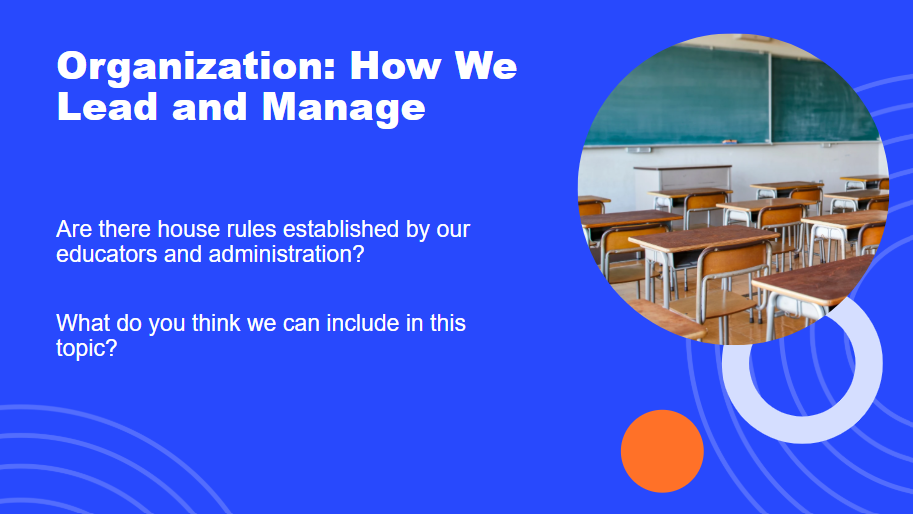From passion to professionalism: Tips on self-evaluation from Eindhoven’s Russian Language School
- HLE Network

- Oct 18, 2025
- 2 min read
Updated: Oct 24, 2025
October 19, 2025

A practical tool for self-evaluation
During a professionalization workshop that took place at the 7th HLE Networking Night, heritage language educators explored a new self-evaluation tool based on the International Guidelines for Professional Practices for Community-Based Heritage Language Schools (2021). The session “The new Review Rubric: A simple yet powerful tool for strengthening your heritage language program” was led by Alona Boitsova, Director and founder of the Multicultural Foundation “Buratino,” which offers Russian language lessons to children in Eindhoven.
Heritage language programs often rely on passion and volunteer energy, but structure and reflection are needed for long-term sustainability.
— Alona Boitsova
Lessons from Eindhoven’s Russian Language School
Drawing on 25 years of experience, Alona shared how her language program evolved: what started as a small volunteer project has grown into a center with 250 students, 23 groups, and a range of classes, from Russian language and literature to art, music, and theater.
She discussed how her team balances structure with community spirit — by setting clear policies, supporting staff, and nurturing partnerships with parents and local schools. Her examples showed that professionalization does not mean becoming rigid; it means creating an environment where both educators and students can thrive.
Click image to see three slides from the workshop
Throughout her workshop, Alona emphasized the importance of inclusion and cultural awareness in every aspect of program organization — from communication and event planning to classroom practices. Participants reflected on questions such as:
Are our activities accessible and welcoming to all families?
Do our materials and events reflect all cultures represented in our programs?
How do we connect with the broader community?
Photos: TextVast
Introducing the “Review Rubric”
The Review Rubric provides a straightforward way for heritage language programs to reflect on their strengths and areas for growth. Divided into four sections — Core Values, Organization, Educational Program, and Community Outreach — it helps schools identify meaningful and achievable steps toward improvement. The Rubric is accessible and adaptable, designed for programs with limited time or prior experience in self-assessment. It can be used by teachers, managers, or boards to guide planning and track progress.
The Rubric is accessible and adaptable, designed for programs with limited time or prior experience in self-assessment.
Examples of practical steps include:
Posting school values visibly and reviewing them annually
Scheduling team-building and professional development for volunteers/teachers
Establishing clear roles and procedures
Ensuring inclusion and safety policies are in place
The tool is intended to be encouraging, since even small actions can have a positive impact. Participants left the session inspired to strengthen their own language programs — confident that they can build more structure while keeping the community spirit that makes their work so meaningful,
Key takeaways from the workshop
Professionalization builds sustainability — small steps can make a big difference.
Inclusion is key — everyone should feel welcome and represented.
Make time for reflection — using a tool such as the Review Rubric helps HL programs self-evaluate and take action.
Many thanks to Alona for leading this workshop and sharing her expertise. Thanks also to our international partners in the HL Global Think Tank who collaborated with HLE Network to create the new self-evaluation tool.
















